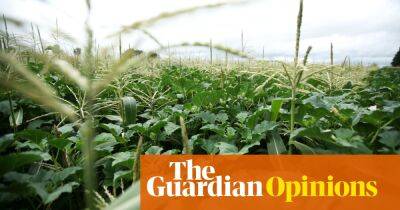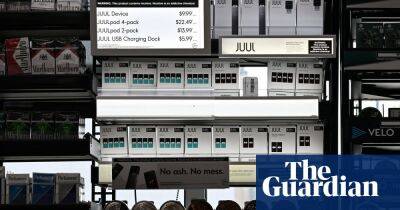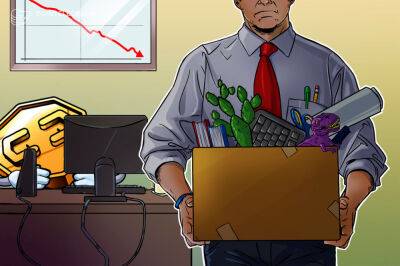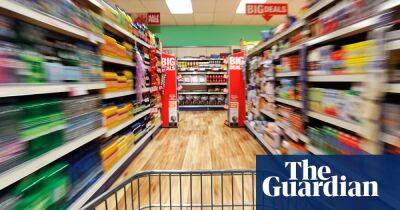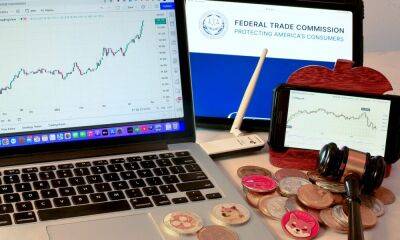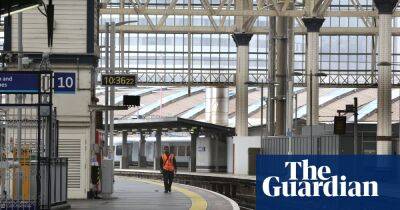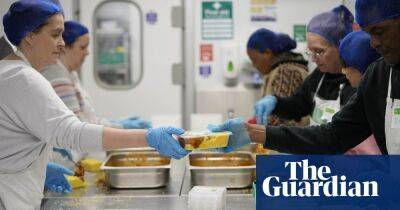As food and fuel costs rise, there is no doubt the poorest are hardest hit
Inflation is going to be with us for a few years yet. That’s the growing consensus in the City and among economists who believe the impact of rising fuel prices, the crippling cost of imported goods, and labour shortages in many industries will have a longer legacy than first thought.
Last week all eyes were on rising gas prices and Ofgem’s estimate that the energy price cap will rise by about £800 in October to an average £2,800 per household.
The regulator’s gloomy outlook fuelled fears that an even higher figure is coming down the track when the cap is revised in early 2023, such is the momentum propelling gas and electricity prices higher.
This week the focus is on food and how much British food production and the cost of imported produce is pushing up prices in the shops.
Some inflation-watchers have argued that rationing is partly to blame. Jack Monroe, the food writer and anti-poverty campaigner, argues cheaper everyday groceries are disappearing from the shelves, leaving hard-pressed families no choice but to buy higher-priced alternatives.
It meant, said Monroe, that inflation for the poorest 20% of people is higher than for everyone else. She is not alone in her assessment.
However, on Monday she came up against the Office for National Statistics, which said it found plenty of low-priced goods in the shops and, according to its own surveys, price rises affecting these goods were no higher than for food generally.
Disentangling Monroe’s food inflation monitor from the basket of pasta, potatoes and sausages used by the ONS is difficult.
What cannot be contested is that the poorest are losing out, whether they are young families or pensioners living solely on the state’s basic retirement income.
The Institute for Fiscal
Read more on theguardian.com






